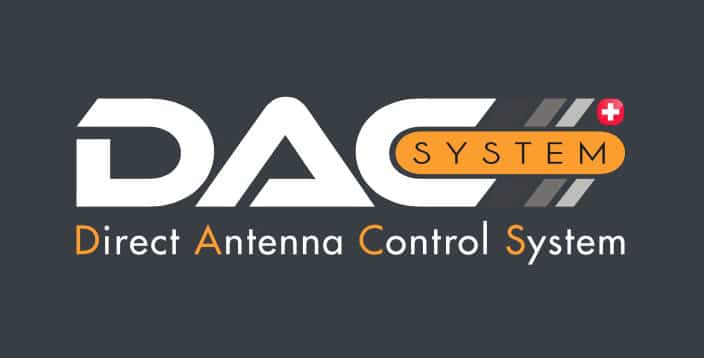Industry Insider — AEQ schedules February intro webinar for new console

GENEVA — This year, for just short of a month, Nov. 20–Dec. 15, thousands of radio frequency experts and interested parties are meeting in Dubai for the International Telecommunication Union’s World Radiocommunication Conference 2023 (WRC-23). This is where decisions are made on the use of the different bands of the radio spectrum.
However, there is no planned discussion affecting any band currently allocated to radio. Notwithstanding, there will be decisions that could affect the future of radio.
Why is the spectrum debate important?
One of the big debates in Dubai is about the lower UHF band in Europe, Africa and the Middle East (ITU Region 1), currently allocated to digital terrestrial television (DTT) until 2030. Mobile service providers are keen to take over this band to reduce the deployment costs of their antennas dramatically. To support their interests, mobile providers resort to decreasing linear TV consumption and the existence of substitute services via streaming, satellite and cable as key arguments.
Expelling DTT from the lower UHF band in ITU Region 1 means that broadcast television would stop at some point in the near future, probably in the first half of the 2030s. This has two major implications for radio, which faces a potentially unaffordable rise in transmission costs and jeopardizing its chances of reaching every mobile device without any costs for consumers.
Considering that this could directly impact their cost structure and limit a promising avenue for development, the issue should be higher on their agendas.
First, this decision would probably make maintenance of the infrastructure currently used for DTT broadcasts untenable for other users. Among others, this is the case of linear radio in FM and DAB/DAB+. A growing number of radio stations do not own their infrastructure and share it with DTT, which effectively cross-subsidizes its costs by bearing most of them. This would lead to scenarios such as public subsidies for the remaining services, the downsizing of the infrastructure to concentrate it in the most densely populated and profitable areas — if allowed by their licenses — or the dismantling of the infrastructure. In my view, we should expect a mix of all of them.
Second, the lower UHF band is also the natural band to develop 5G Broadcast, a technology that promises to bring TV and radio linear services to mobile devices free of charge for consumers. 5G Broadcast is already standardized, and tests in Europe, Asia and the U.S. are underway. While 5G Broadcast’s successful path to the market is far from clear, losing the lower UHF band may block this potential avenue of development radio has sought for quite some time. Ten years ago, the Euro-chip initiative — later renamed Smart Radio — brought together public and commercial broadcasters in the hope of ensuring direct and free access to radio signals on mobile devices. While this initiative failed to achieve its objectives, it identified the right issue and the most straightforward solution. 5G Broadcast is the most solid option to achieve this goal in the near future, certainly building on the lessons learned a decade ago.
Additionally, expelling linear TV from the radio frequency spectrum could create a dangerous precedent for radio if alternative uses to the spectrum bands currently allocated to the medium were found.
What is the radio industry doing?
The potential risks for radio from decisions at WRC-23 have prompted some radio players to support DTT publicly. Industry bodies such as the European Broadcasting Union and the Association of European Radios have been vocal about it, emphasizing the potential decline in public value delivered by current services. At a national level, industry bodies and individual radio stations in Germany and Austria have strongly mobilized their resources to advocate for the continued allocation of spectrum to DTT services.
Despite these cases, most of the radio industry has been significantly absent from this debate. From my conversations with industry players, I have the impression that this topic is not even on the radar of most industry leaders. Considering that this could directly impact their cost structure and limit a promising avenue for development, the issue should be higher on their agendas, even if only from a risk reduction perspective.
While some radio people may think that online distribution is the future, avoiding the current gatekeepers to reach users on their mobile devices is certainly a preferable option. Additionally, the current and planned level of investments in DAB+ deployment across the ITU Region 1 suggests a horizon of at least two good decades of linear radio broadcasting.
Radio, the most trusted medium in Europe for the last decade, should actively support the case for DTT broadcasting to ensure its own viability as a business and keep its chances open for what might come. Otherwise, it risks giving away even more power and compromising its own future.
The author is cofounder and research director at South 180.
More stories about frequency
Thousands of investors await licenses for digital radio stations in Kenya





















